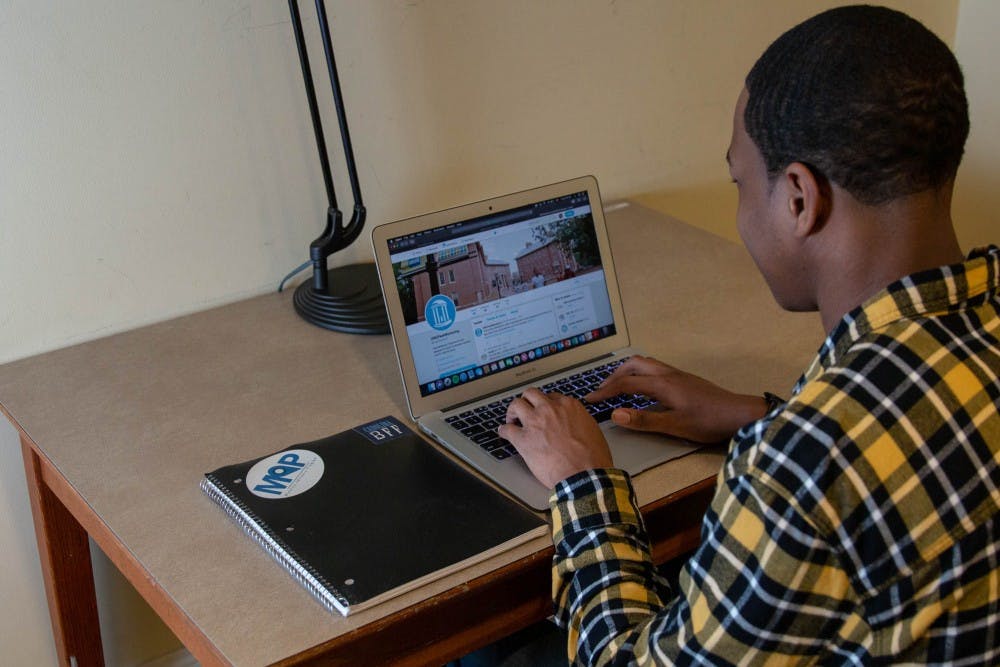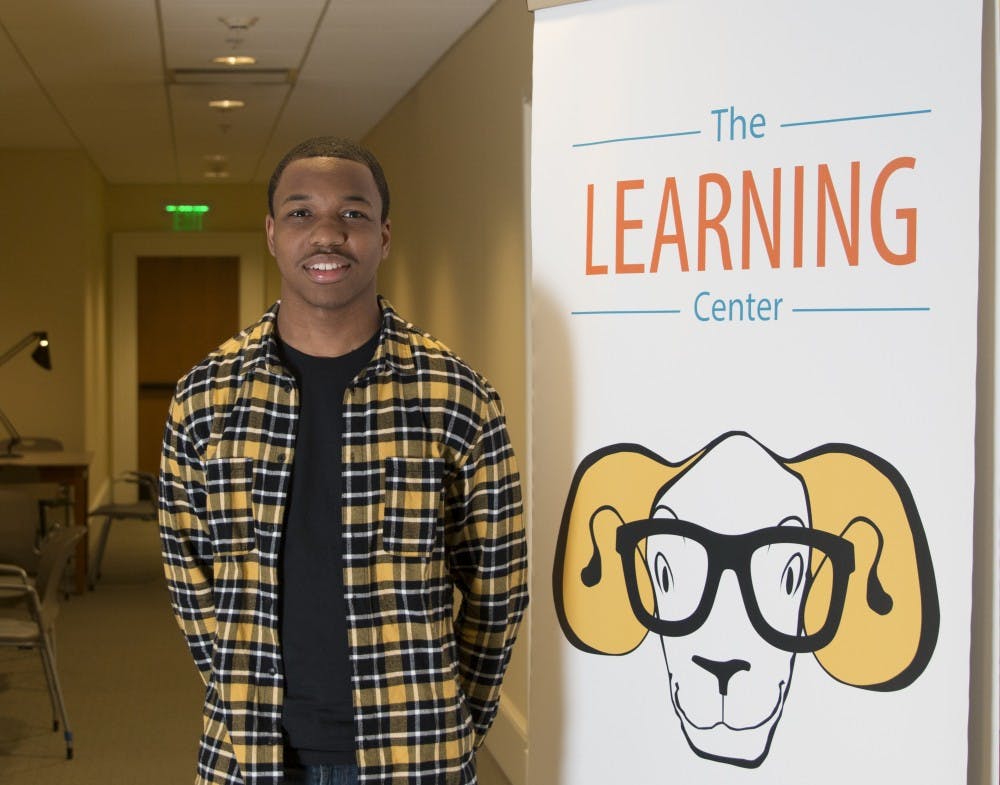Mentors and mentees are matched based on things they may have in common, often including area of study. While MAP helps minority students develop relationships with those of similar backgrounds, it also helps bridge gaps between the students it mentors and the rest of the community, Wallace said.
“There’s definitely a balance of what students want and some things that will be able to balance them and help them grow, as well,” Wallace said. “I think that’s a big part of the program is that you get experience not only with people who are like you and have similar backgrounds, but also people who aren’t like you and have different backgrounds and circumstances they can learn from.”
Students that mentor in the program volunteer to help other students, using their own experiences during their time at the University. Oftentimes, they were mentored themselves when they first came to the school.
This is the case for Douglas Chen-Young, a sophomore sociology major who was mentored his first year. He said it was nice to have a mentor to talk with, especially when it just felt like talking with a friend.
Chen-Young became a mentor this year and sees from his own experience of how beneficial the program can be.
“I just think that it can really do a lot to help people out,” Chen-Young said.
Junior Holden Cox, an exercise and sports science major, also joined the mentoring side of the program after being a mentee his first year of school.
“It was definitely beneficial,” Cox said about his time being mentored. “It led me to the plethora of resources that UNC has on campus, so a lot of resources about networking and academic support.”
Cox said he joined the program because he wanted to share his own experiences and help new students avoid the same problems he did. He also emphasized how helpful the communal aspect of the program is.
“It’s definitely important for minorities in general because we don’t necessarily have a large presence on campus,” Cox said. “So just making sure that you’re connected with other minorities and sharing your experiences and sharing your frustrations or successes is always beneficial.”
The application to be a peer mentor will become available March 18, and Wallace said the program is looking for students that are academically stable and willing to both give advice and learn from the experiences of those they are mentoring.
To get the day's news and headlines in your inbox each morning, sign up for our email newsletters.
Wallace commended the students working for MAP for their dedication.
“They’re really volunteering their time to support three to four incoming students which, in my opinion, is really remarkable,” Wallace said. “Of the three groups I support, I always have the highest interest, as far as applications, in the Minority Advisory Program, and I think that really says a lot.”
@stephaneemayeer
university@dailytarheel.com




